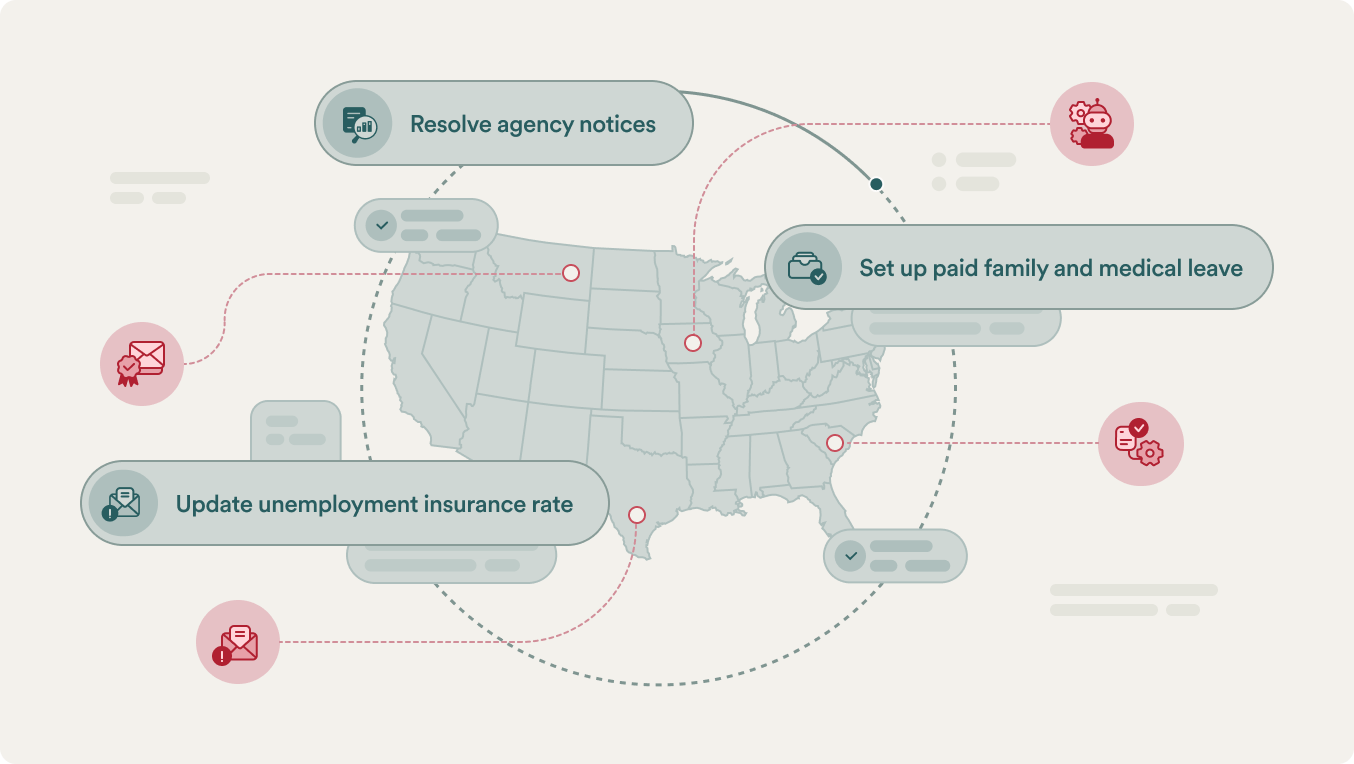Annual reports with the Secretary of State in Connecticut are formal documents that businesses are required to file each year to provide important information about their operations, finances, and ownership. These reports serve as a way for the state to track and monitor the activities of businesses operating within its jurisdiction.
There are 2 different ways to file an annual report in Connecticut depending on your legal entity type and tax classification. Follow the guide below to help you file your annual report with the Secretary of State in Connecticut or use Mosey to do it.
Use Mosey to automate annual reports in Connecticut.
Avoid the hassle of doing it yourself and use Mosey to automate foreign qualification, annual reports, and registered agent service.
Connecticut Annual Report for LLP, LLC
As a business registered in Connecticut, you must file an Annual Report with the Secretary of State. The report can be filed starting January 1, and is due by March 31 of each year.
File and Pay for Your Annual Report
Log in to CT.gov to file and pay for your annual report online.
Connecticut Annual Report for Professional Corporation, Corporation
Connecticut law requires annual report filings for all corporations, due on the anniversary date of being given authority to transact business in Connecticut.
File and Pay for the Annual Report
Log in to CT.gov to file and pay for the annual report online.
What else do I need to know?
There may be additional things you will need to do to maintain your "good standing" in the state including having a registered agent and other kinds of taxes.
Maintaining a Registered Agent
Most states require that you have a registered agent that can receive important mail from the Secretary of State should they need to contact you. There are many commercial options available or you can use Mosey to be your registered agent and keep your information private in Connecticut.
Other Taxes
In addition to maintaining a registered agent, maintaining your good standing can include additional taxes. This can include franchise tax, sales tax, or other state taxes. You can use Mosey to identify these additional requirements to maintain good standing in Connecticut.




